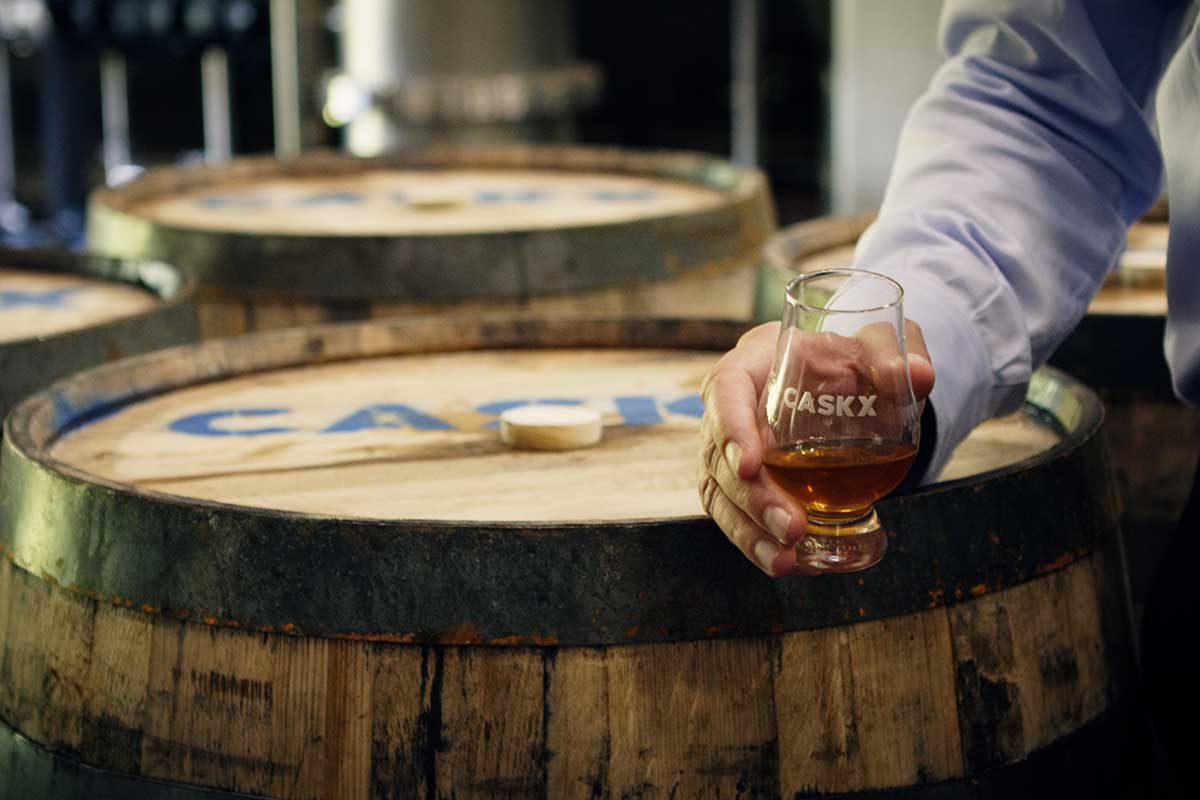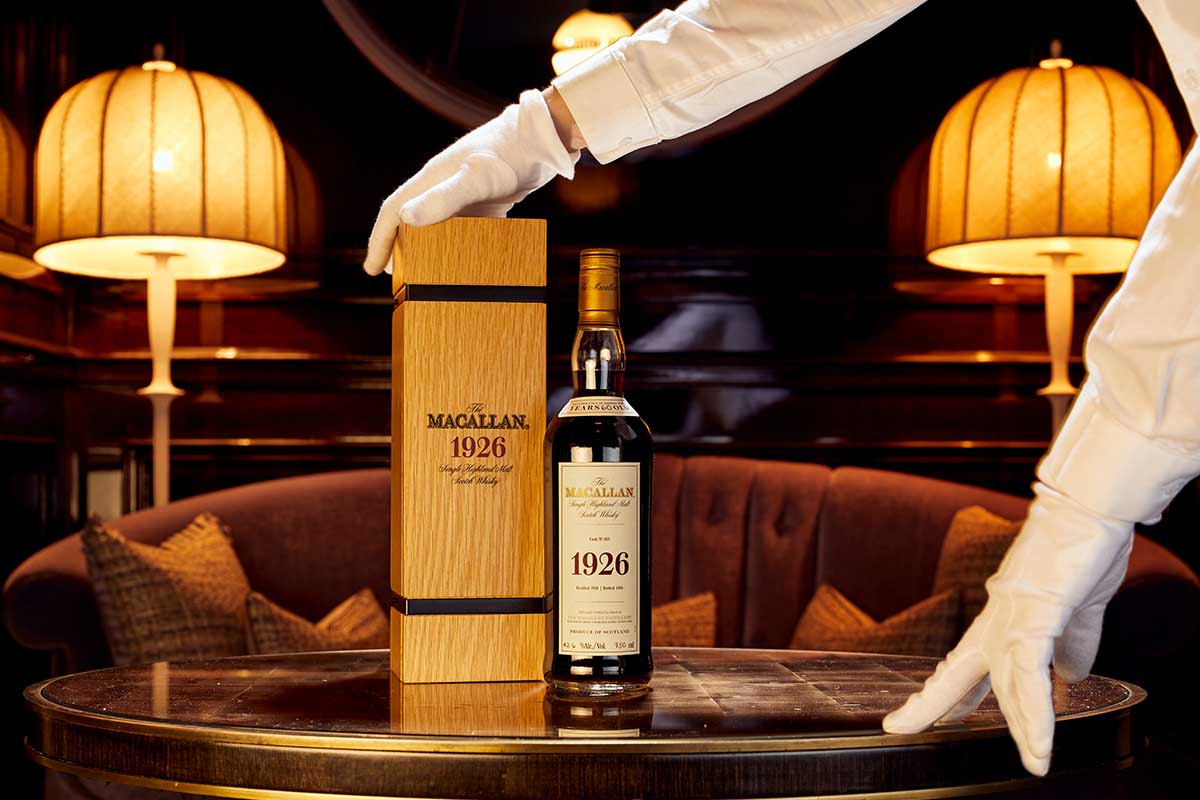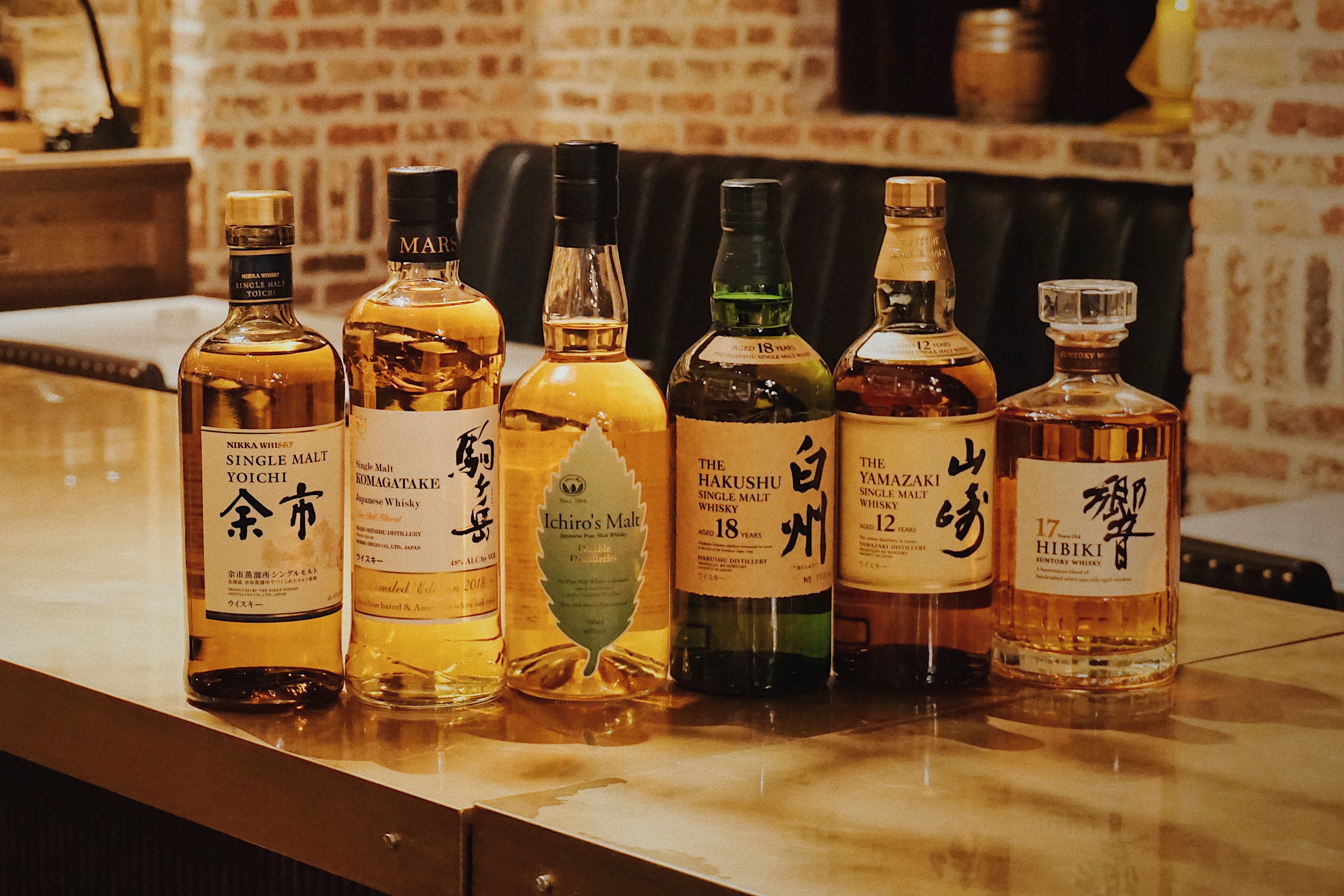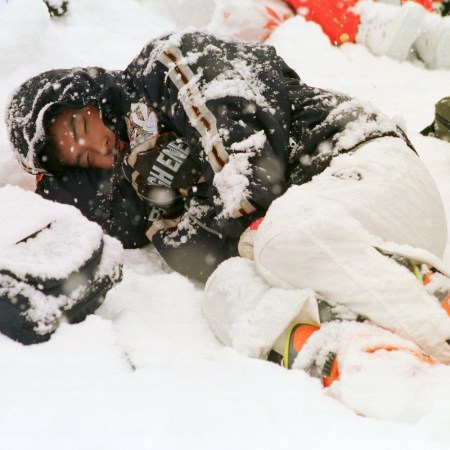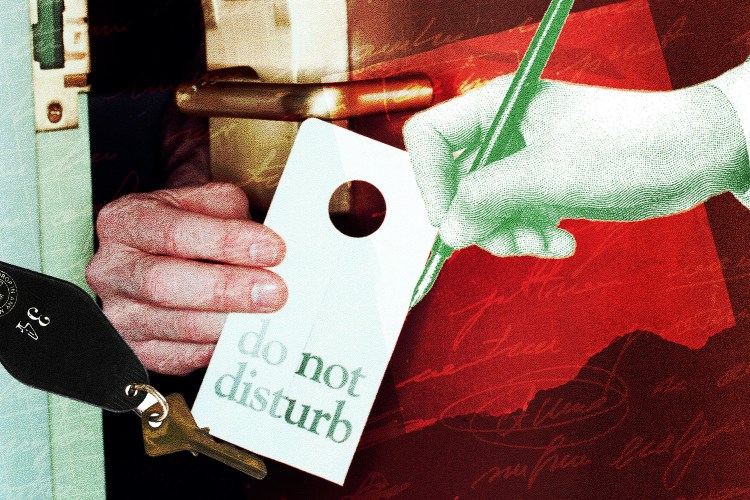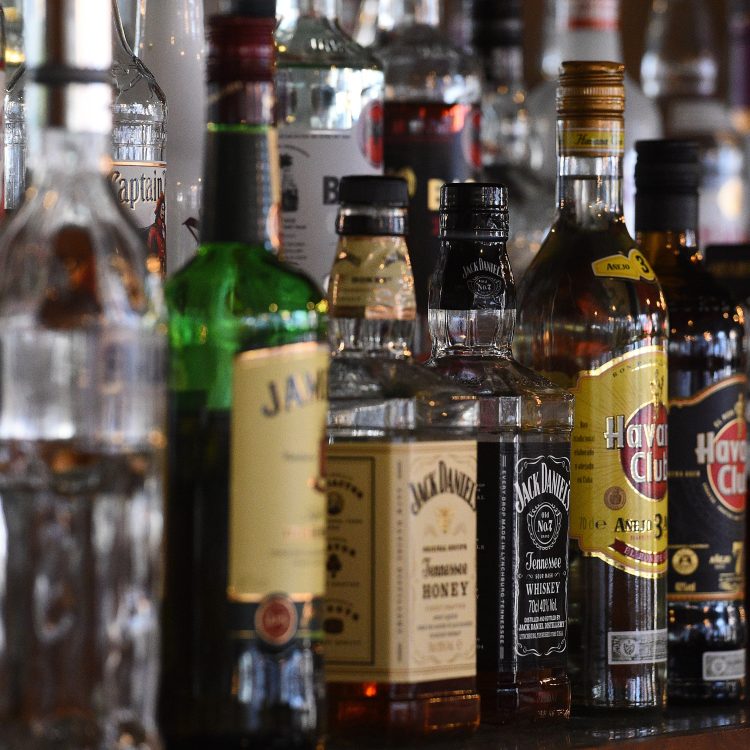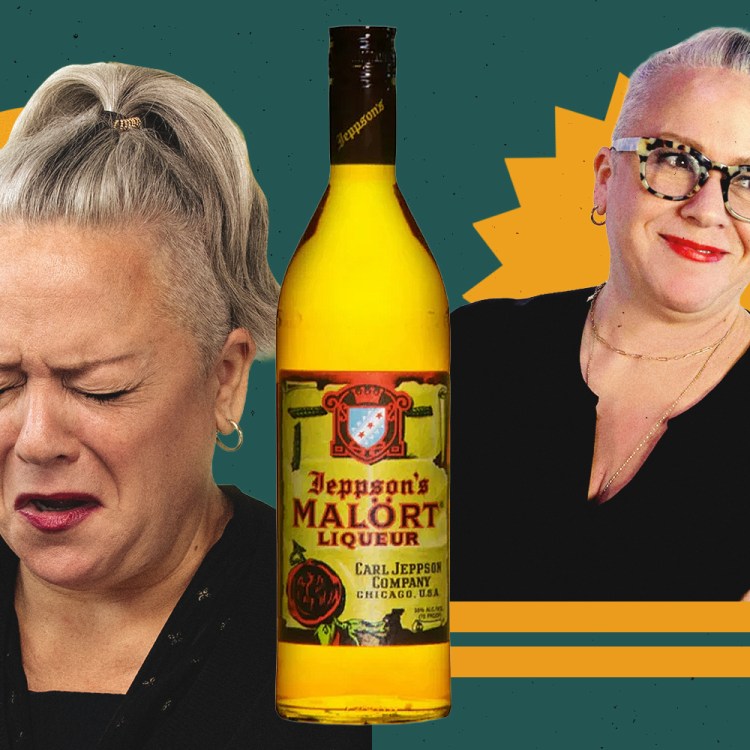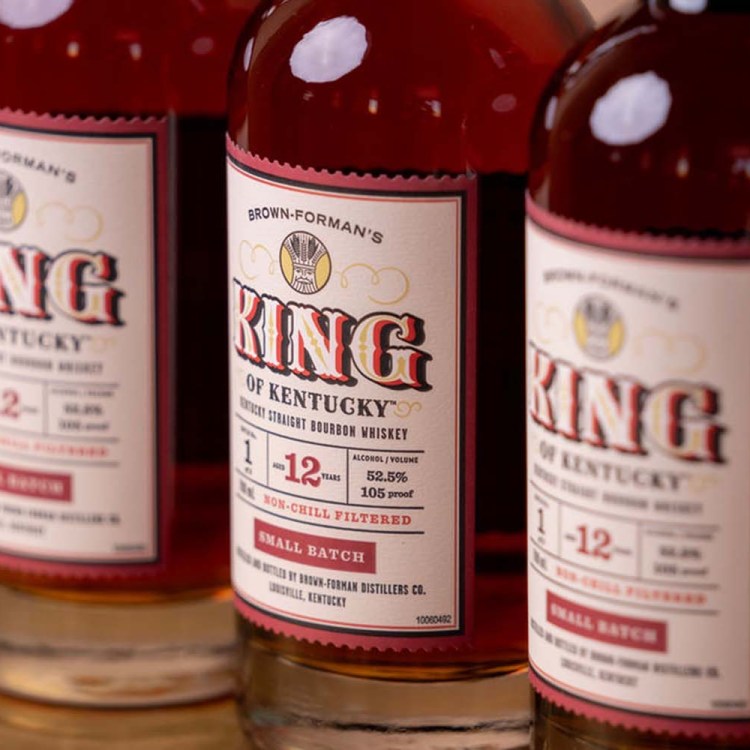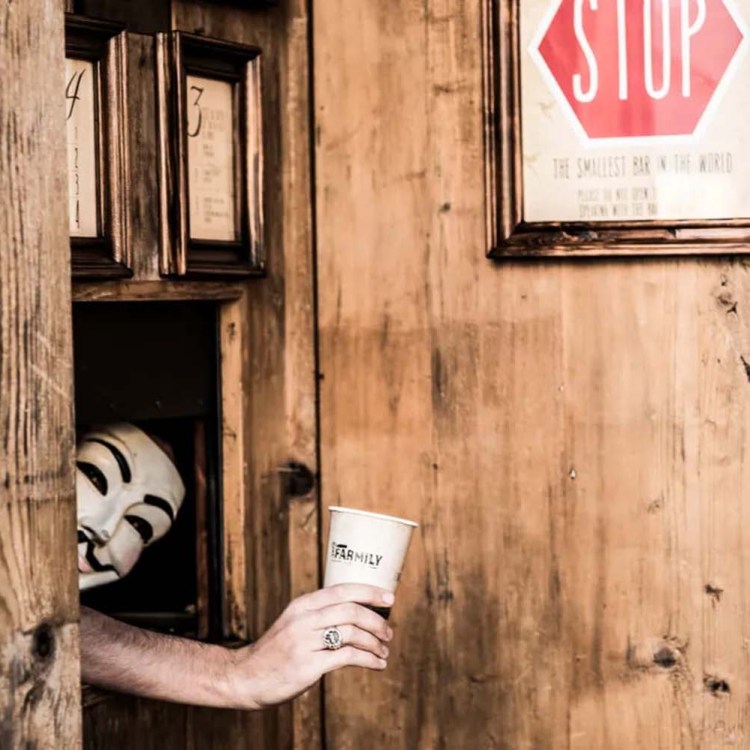“There is huge talk right now about crypto and NFTs, but there’s a lot of benefit to owning a barrel of whiskey.”
That’s Jeremy Kasler, CEO/founder of CaskX, throwing a bit of good-natured shade at current market trends while his company offers a much more interesting (and real-life) product: whiskey. Specifically, CaskX offers accredited investors an opportunity to invest in full barrels of Scotch and bourbon from respected distilleries across the United States and Scotland (and we should note here that we’re not officially endorsing — or critiquing — CaskX as an investment).
The idea seemingly has a lot of upside for certain people: Investors (who are most likely also bourbon fans) get to own stocks of whiskey without worrying about owning a distillery or maintaining the barrels as they age, and they’re paying everything — including taxes, insurance and storage fees — in advance. From there, it’s a hands-off, patient and (if market trends continue) potentially attractive investment, with a rare commodity that gets more valuable as it ages. And the participating distilleries themselves get an influx of income as they wait for their product to mature.
As the facilitator, CaskX is purchasing barrels in bulk and aging the stock in their associated distilleries; when the bourbon finally matures at about eight years, the company helps its clients resell, bottle and/or distribute their portfolio.
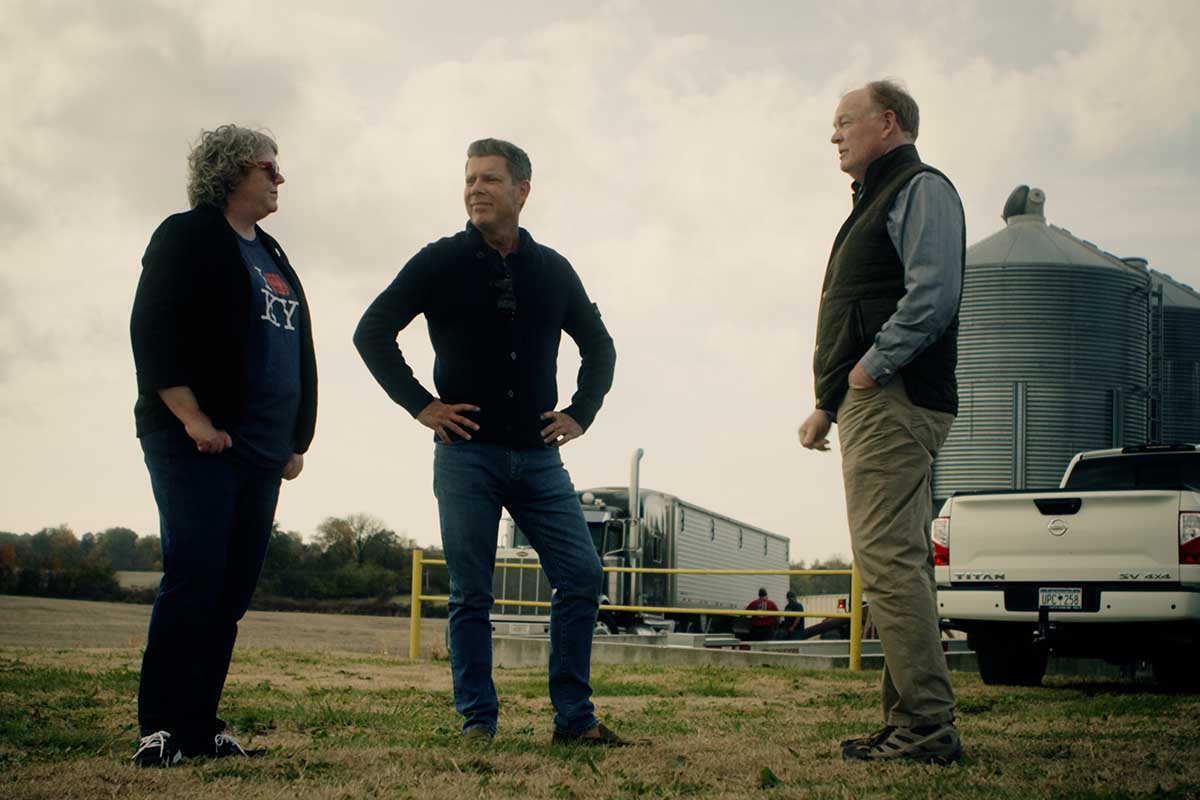
The investment firm’s stock is currently pretty much all Kentucky-based. “We started initially with Scotch casks, but it was always our intention to open up in the U.S.,” says Kasler. “We were actually due to open up in March 2020, funny enough. But already 95% of our business now is American whiskey.” While most of that whiskey is bourbon — and utilizng popular, in-demand and straight-forward mashbills — the company can and will certainly invest in off-shoots like rye or wheated whiskey based on demand.
The company works with a number of Kentucky-based distilleries, including Kentucky Artisan Distillers — home to Jefferson’s, a longtime favorite of this writer — and newcomer Jackson Purchase Distillery, which officially started last year with a non-investment plan to craft bourbon and sell it to other distilleries and brands.
“I didn’t know who CaskX was when we launched — we wanted to be a contract producer and produce the best Kentucky bourbon on the market,” says David Salmon, Jackson’s COO and a whiskey vet of 35 years, including extended stops at Maker’s Mark and Heaven Hill. To achieve the latter goal, the company hired seventh-generation distiller Craig Beam and Willett’s Terrry Ballard to oversee the distilling. “CaskX is not our only client, but I really like their business model — get everyday people access to barrels. You literally can’t get barrels of whiskey right now. Big distilleries aren’t going to sell you 5 or 10 barrels.”
Salmon estimates his distillery can produce roughly 25,000 barrels a year. But even with that that modest number, part of an estimated $2.3 billion in capital projects for whiskey completed or underway by 2022 in Kentucky, demand is far still outstripping supply. “When you start looking at what the potential is, overseas especially, we have a long way to go before we even start to think about whether we’re at any type of saturation point,” as Kentucky Distillers’ Association (KDA) President Eric Gregory recently told Kentucky Living.
So there’s probably no bourbon bubble burst anytime soon, and that international demand is an important reason why. “I’m a data guy,” says Salmon. “In 1967, the bourbon industry peaked, and every year after that until 10-12 years ago, the industry declined 2-4 percent per year. That’s aggressive. Companies here weren’t building warehouses; they were trying to figure out how to shrink their businesses. But bourbon was growing in leaps and bounds internationally during the decline here; it’s a rough number, but I’d say 40 percent of the bourbon produced in Kentucky in 2012 was going out internationally. Now it’s maybe 12 percent.”
Which means, even if bourbon were to only grow at a modest rate domestically (and far below the current market), it has a long way to go to even just get back to its initial levels overseas … which might see even further demand as tariffs go away. For now, the big distilleries seemingly can’t keep up. “Everyone’s current production is going to their own brands; they can’t make enough to supply their own growth curves, let alone sell it to third parties,” says Salmon. “Kentucky will have to add another 800,000 barrels of production to keep with demand over the next 6-8 years. The current shortages will continue.”
Interestingly, if you look overseas, CaskX isn’t a new concept; a number of firms have been trading Scotch in this same manner for many years. “We actually see bourbon where Scotch was 10-20 years ago,” says Kasler. “For a while, there were six or eight main Scotch brands, but now there are hundreds, in higher quality and offering greater choices. Right now [with] bourbon, you have decent prices but everything is going up and up due to demand.”
So, as an investor, why buy in? “There’s almost no eight-year old bourbon right now, and if there is it’s at companies that need it for themselves or don’t need to sell it,” says Kasler. “Even four-year is increasingly rare. If I have 50,000 barrels of four-year old bourbon right now, from a good distillery, I could sell that in one phone call. That demand is so great, anyone with good stock could sell.”
There’s another advantage for bourbon investors at CaskX, beyond outsized returns; having a tangible product. “We recently had one of our investors down at Kentucky Artisan Distillers, which was coincidentally mixing his mashbill at that moment,” says Kasler. “If you buy diamonds, or cars, or wine, you’re not getting to be part of that on-going process. This doesn’t even happen with Scotch, which is more about dealing with brokers; if you want, with this process, you can meet the distiller and learn about your batch.”
Every Thursday, our resident experts see to it that you’re up to date on the latest from the world of drinks. Trend reports, bottle reviews, cocktail recipes and more. Sign up for THE SPILL now.
